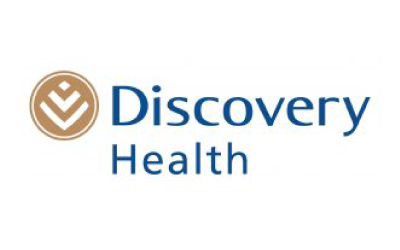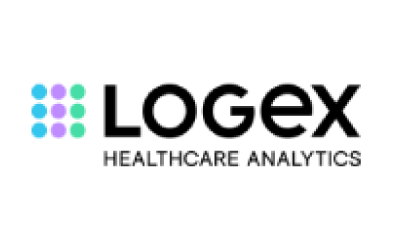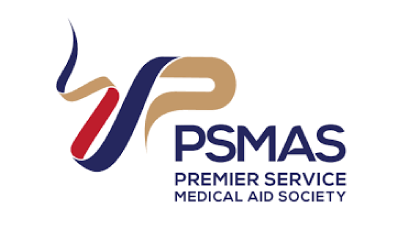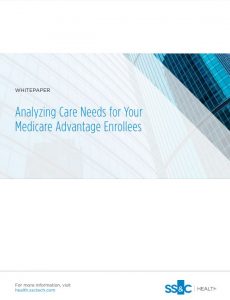The ACG System is the most widely used population-based casemix system in the world. Currently used in over 20 countries, the ACG System can be adapted to work with local coding systems, cost structure and practice behavior. Some international application examples are available by clicking on a specific country.
AUSTRALIABERMUDAGERMANYISRAELITALYSPAINSOUTH AFRICANORDIC COUNTRIESUNITED KINGDOMUNITED STATESZIMBABWE
Diagnosis Codes
The ACG System is the only case mix system in the world which accepts and integrates International Classification of Primary Care (ICPC) diagnostic codes as an input stream. No mapping of ICPC to ICD codes is needed. In addition, the ACG System works with ICD and Read codes.
Pharmaceutical Codes
The ACG System includes a case mix algorithm which relies solely on pharmaceutical codes to group patients into morbidity categories. Pharmacy information using U.S. National Drug Code (NDC), WHO Anatomical Therapeutic Chemical (ATC) as well as Read codes or from the British National Formulary (BNF) has proven beneficial in situations where diagnosis codes are untimely, of questionable quality or incomplete. Using pharmaceutical information is also helpful to identify potential gaps in data, as well as identify clinicians who may be over prescribing.
The ACG System is unique in its ability to account for differences in local cost data, practice behavior, additional available data inputs (i.e. socio-economic status, functionality, or living arrangement measures) and other variables that distinguish a given population. In addition, all menus and labels within the program can be easily translated to other languages.
The ACG System is incorporated within an electronic health care record system and is used to support high risk case identification and identifying people with chronic conditions who may not be receiving optimal treatment.
Future uses of the ACG System will include using casemix-adjustment methodology to identify opportunities to improve efficiency and reduce potentially avoidable hospitalisation.
Collaborator:
Gold Coast Primary Health Network

The ACG System is currently being used for client population health reports (e.g., utilization profile reporting) and case management identification (e.g., case management list).
Future uses of the ACG System will include enhancing ability to segment the data by providers for risk assessment, case management outreach, etc.
Collaborator:

The ACG System is used to support the work of health plans and insurance companies. The actuarial analysis components of the System help with financial planning, and the condition and pharmacy makers are used to support identification of high-risk, high-cost individuals who will benefit from proactive case management.
Collaborator:

For almost a decade, the ACG System Team has collaborated with Israel’s largest health fund to better understand its members’ needs and characteristics.
The ACG System has been used to examine differences in health care utilization and demonstrate that the ACG System is better than other tools in explaining the differences in resource use by people from different socio-economic backgrounds. This supports the health fund’s all-encompassing disparity reduction program and helped direct policy decisions regarding resource use.
The ACG System has also been used to understand the impact of co-morbidity and multimorbidity and for identifying high-risk users who could benefit from targeted care management interventions.
To read a case study of the ACG System’s use in a comprehensive complex care management program for an integrated delivery system in Israel, click here.
Collaborator:

The ACG System is used within 6 of Italy’s regions. Effepici supports the regions to use the ACG System to improve the efficiency and effectiveness of their health care resources.
More recently data from the System was used to develop a data-driven COVID-19 vaccination priority list. Read the blog post here.
Collaborator:

The ACG System offers an innovative perspective in population health measurement, as it is based on co-morbidity levels. The collaboration between the ACG System and IQVIA evolved in order to allow IQVIA to offer its customers this ground-breaking approach to Patient Classification Systems.
Collaborator:

In addition to supporting actuarial activities, the ACG System is used to support quality improvements and cost reduction activities through high-risk case identification and support of these individuals.
The ED classification system within the software has also been used to support the development of a product to strengthen the relationship of plan members with a primary care physician.
Collaborators:


The ACG System is being used in Sweden, Finland, Norway and Iceland to support the effective analysis of health care processes, which allows for better resource allocation, cost control and disease management.
In Sweden, the ACG System plays an important part in the allocation of funding of primary care services whilst in Norway, General Practitioners and Primary Care Physicians use the ACG System to identify high risk individuals who may require interventions to prevent adverse outcomes.
Collaborator:

The ACG System has been in mainstream use in the English National Health Service (NHS) for over 10 years. It supports several planning and clinical activities including:
The ACG System predictive models have been recalibrated three times (the most recent being in 2020), and new models have been developed to support priorities within the NHS.
Collaborators:
Zimbabwe is the most recent country to start using the ACG System.
They are currently interested in the use of the ACG system to support planning and population health management activities.
At a clinical level, they are using the data to support high-risk case identification but they are also interested in improving the health of the overall population and preventing complications from issues such as hypertension by early identification and early intervention.
Collaborator:
Premier Service Medical Aid Society

The ACG System has been helping improve the health care of entire populations in the United States –millions at a time– for more than 30 years. It is used by commercial health plans, employers, Medicare, Medicaid, academic research organizations and more.
Collaborator:

US Medicaid
In the United States the ACG System is used by various Medicaid health plans and state governments to improve health outcomes for underserved populations. The ACG System provides insight into health care utilization and health care resources allocation.
On February 20th, 2015, the Centers for Medicare & Medicaid Services (CMS) announced the use of the ACG System Pharmacy Defined Morbidity Groups™ (Rx-MGs™) methodology as a means to assess coding intensity. For detailed information read the entire CMS 2016 Draft Call Letter: February 20, 2015.

WHITE PAPER: For health plans in the Medicare Advantage space, a strategy for effectively managing the care, quality and risk of members is crucial. This includes understanding needs of the different member segments and an established approach for stratifying the population. This whitepaper discusses details on the data and processes needed to assess your program and member strategy for different population segments, at different intervals throughout the year.
It is recommended that consultants knowledgeable in the use and application of the ACG System assist with proper software implementation.
Amy Salls, 866-287-9243, is SS&C Health’s contact regarding ACG-HIE and can answer questions about the software and obtaining a license.